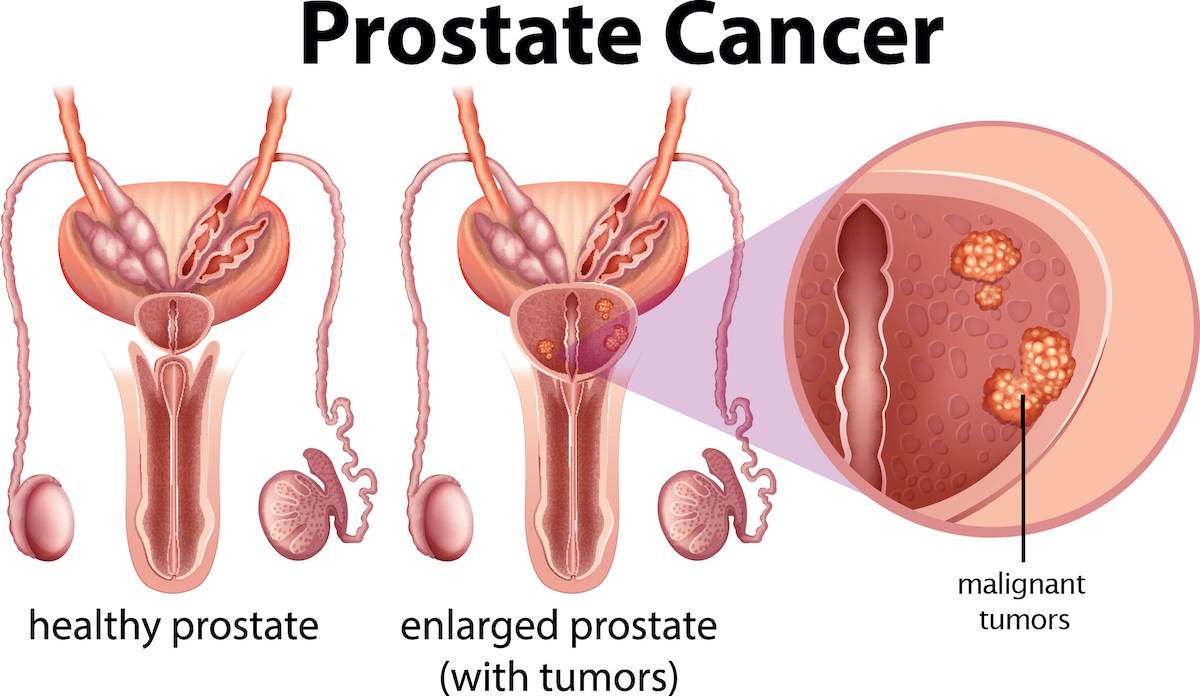Receiving a diagnosis of prostate cancer is a nightmare for most patients. After times of uncertainty, you finally know what it is, but for most diagnosed patients, it is just the beginning – of more uncertainty. After the diagnosis, you’ll get more and more tests, and if possible you’ve to start treatment immediately. Almost 200,000 American men get diagnosed with this type of cancer each year, and it affects 1 in 9 men during their life. Even though there are many effective treatments for this form, approximately 33,000 men die annually. This is why it’s so important to know how to recognize this type of cancer in its early stages.

What is Prostate Cancer?
Prostate cancer is a form that occurs – or starts – in the prostate. This is a small walnut-shaped gland in the male reproductive system. The prostate plays a big part in the male reproductive system, as it makes fluid that mixes with semen when ejaculation takes place. This fluid is how semen protects itself and stays healthy until conception. Most cases are adenocarcinomas – better known as cancerous tumors. In rare cases it can also be:
- Small cell carcinoma
- Transitional cell carcinoma
- Neuroendocrine tumor
- Sarcoma
Causes & Risk Factors of Prostate Cancer
Medical experts still do not know the exact reason for cells in the prostate to become cancerous. Currently, they believe it is mainly due to genetics. For instance, if an immediate family member like your father, brother, or son has been diagnosed with prostate cancer, your odds of getting it are 2 to 3 times higher. Hereditary gene mutations like BRCA 1 & 2 can also contribute to the development of this cancer.
The biggest risk factor for prostate cancer is age. Men older than 55 are most at risk. According to the American Cancer Society, the average age for discovering this form of cancer in men is 66 years old. In addition, is ethnicity also a big risk factor. African-American men, for example, are most at risk of getting and dying from this form of cancer. Other risk factors include:
- Hereditary
- Obesity
- Smoking
Continue reading on the next page and discover, among other, how prostate cancer is diagnosed and staged.

